
Purification of DNA Oligonucleotides using Anion Exchange Chromatography
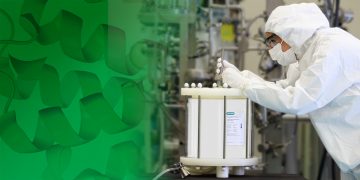
High Performance with GMP Ready CHT Prepacked Process-Scale Columns
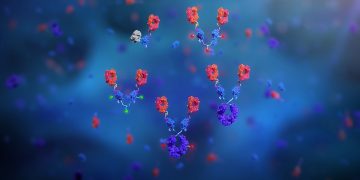
Generation of Recombinant Tool Antibodies to Support Cell and Gene Therapy Development

Western Blot University
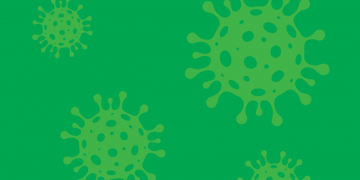
Immunological Response Factors to SARS-CoV-2 in Acquired Immunity
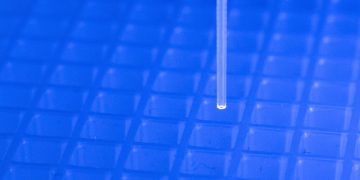
Automate Your Antibody Purification Workflow at Preparative and Analytical Scale
Presented by: Katie Schaefer, PhD, Global Product Manager, Bio-Rad
Peter Winship, PhD, Technical Product Manager, Teledyne Cetac Technologies
View on demand
Purification is a multistep process toward confirmation of a target protein’s purity. In this webinar you will learn how to automate your protein purification workflow by following the creation of a hypothetical monoclonal antibody (mAb). Dr. Schaefer and Dr. Winship expertly demonstrate how the NGC Chromatography System and the AEX-500 series Autosampler work together to maximize screening capability as well as rapidly achieve therapeutic development objectives.
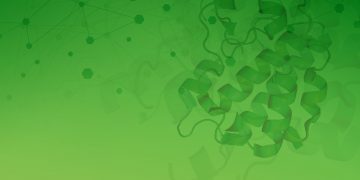
The Role of Aberrant Cytokine Activity in COVID-19 Disease
Presented by: Kenneth Oh, PhD, Collaborations, Applications, and New Technology Senior Global Manager
Kelly King, PhD, Field Application Specialist II
Brad VanderWielen, PhD, Field Application Specialist II
Candice Cox, Global Marketing Manager, Immunoassays
View on demand
Emerging reports from the COVID 19 pandemic include a spectrum of patient symptoms due to the host immune response. In this webinar, Bio-Rad scientists discuss early research and nascent hypotheses about the pathophysiology of SARS CoV 2–induced COVID 19 disease by evaluating cytokine and chemokine profiles, the role of chronic inflammation in comorbidities, and the arc of immune resolution of historical virulent pathogens, such as SARS and MERS.

Expert Coffee Chats: Coffee Chat #4 – Droplet Digital PCR in Cell and Gene Therapy
Presented by: Matthew L. Turner, PhD, Field Application Scientist – ddPCR, NGC and qPCR, Tara Ellison, PhD, Senior Field Application Scientist
Date: June 17, 2020
Time: 9 AM, U.S. Pacific time
- Robust methodology for viral titer using ddPCR
- Precise copy number determination & improved confidence in acceptance criteria
- Enhance your throughput and minimize hands-on time
- Learn how ddPCR is used in other key applications

Biosimilar Purification with Ion Exchange and Mixed-Mode Resins
Presented by: Randy Drevland, PhD, Senior Applications Scientist
View on demand
Dr. Drevland presents a viable alternative workflow for the development of a HUMIRA-like biosimilar using IEX and mixed-mode resins.

Integrating Viral Clearance into Your Process Development — A Case Study Using a Mixed‑Mode Chromatography Resin
Presented by: Akunna Iheanacho, Director of Research and Development at Texcell – North America
Xuemei He, R&D Manager, Chromatograpy Media Chemistry at Bio-Rad Laboratories
View on demand
Learn about evaluating viral clearance using a DOE approach with a mixed-mode chromatography resin.

